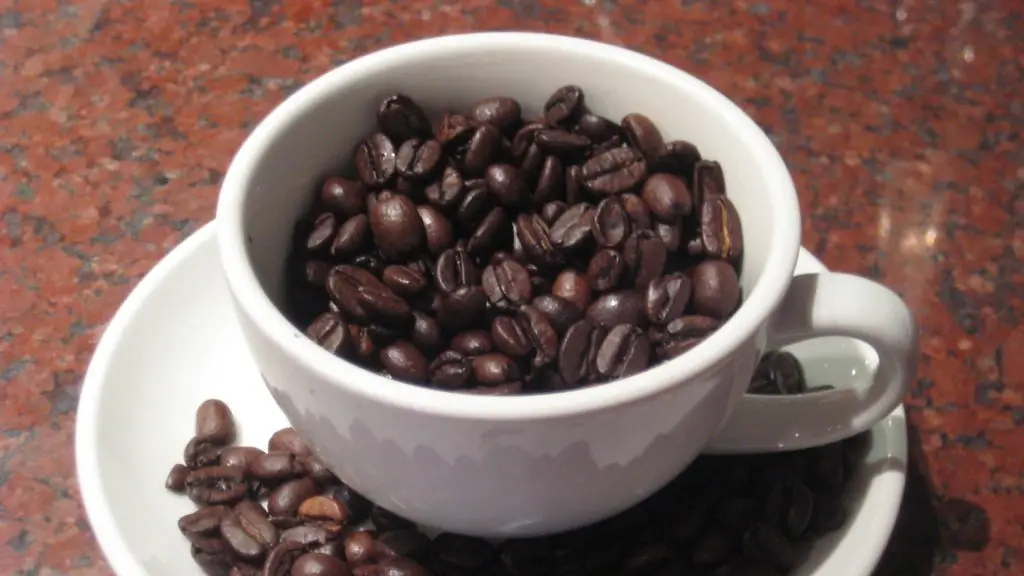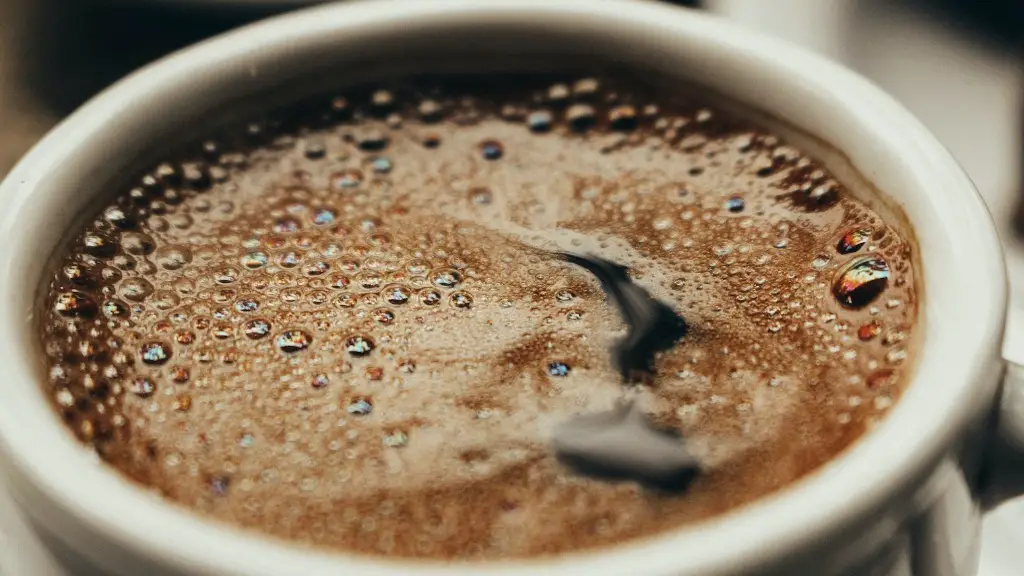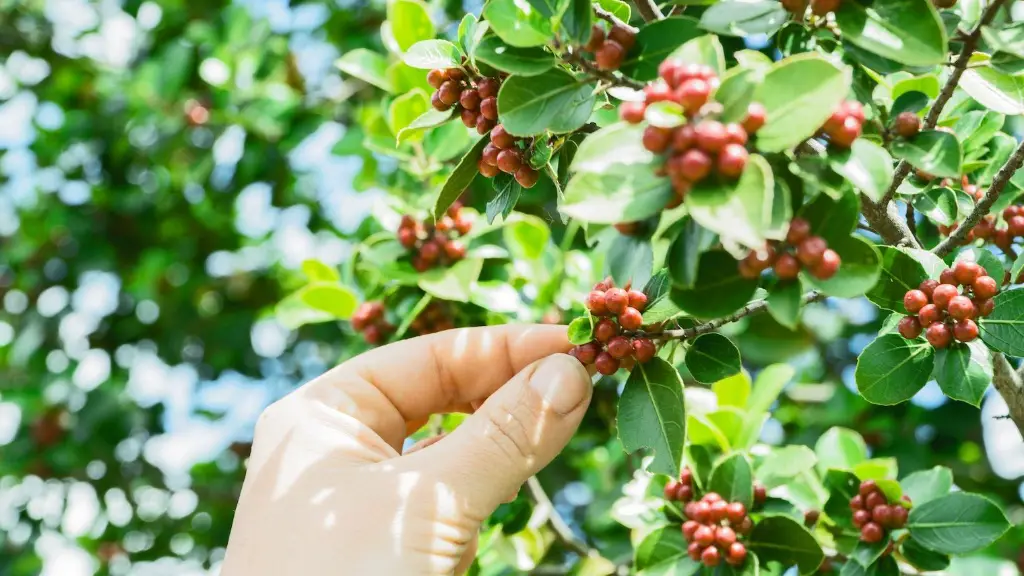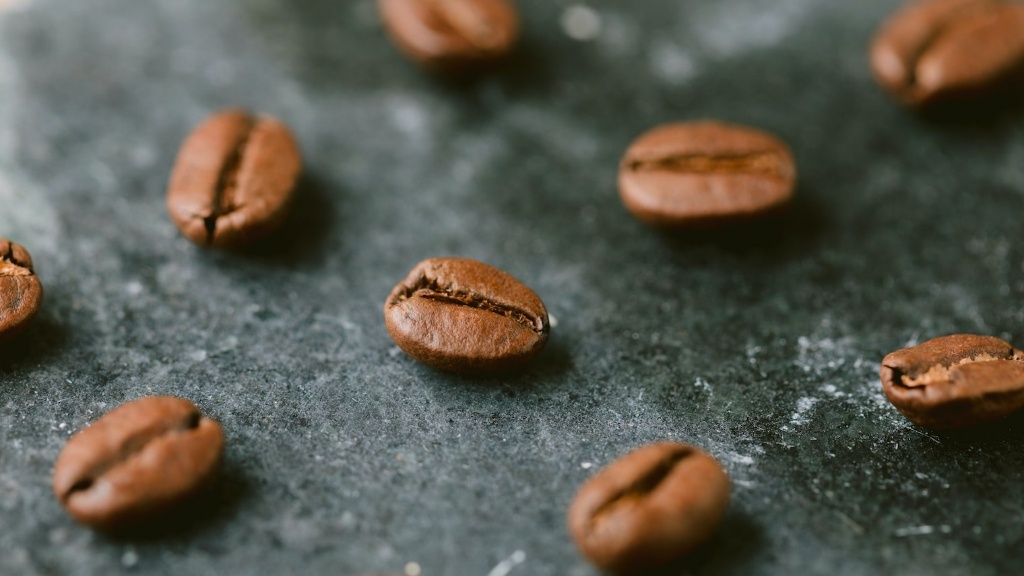Pregnancy has been a complex balance between embracing the changes and worrying about being over-indulgent. While some expectant mothers are advised to ditch caffeine altogether, there are others who sip coffees in moderation. So, can pregnant women drink coffee? Let’s explore.
Caffeine Consumption During Pregnancy
Consuming caffeine during pregnancy is a controversial subject, with experts offering conflicting advice. Despite, there being numerous studies and research to assess the underlying risks, guidance from professional health organisations likes the American College of Obstetricians and Gynecologists is limited. As per their recommendation, pregnant women should consume less than 200mg of caffeine per day – equivalent to a 12oz cup of coffee.
Medical experts suggest that caffeine consumption can have a detrimental effect on foetal development and health in the short and long-term, causing things like dehydration and pre-term birth. It can also elevate heart rate and blood pressure, leading to problems for both mother and baby.
However, research conducted by the CDC suggest that drinking coffee during pregnancy is only linked to low birth weight in expectant mothers – suggesting that as long as pregnant women stick to the recommended guideline should not pose any significant risk.
Cutting out caffeine entirely is not the only way that pregnant women can protect their babies. Incorporating healthy eating, moderate exercise, and rest are essential throughout pregnancy; regular prenatal visits are also important. All of these ensure the healthy development and growth of the baby.
Upgrading Your Caffeine Fix
Ditching coffee does not have to be about depriving yourself of the beverage you once loved. Pregnant women have several options when it comes to upgrading their caffeine fix. There are several beverages on the market that claim to have zero or low levels of caffeine. These include decaffeinated coffees or products like Teeccino Chicory, which is a chicory-based coffee alternative.
These beverages are packed with flavour, but are also highly nutritious, containing essential nutrients like vitamins, minerals and antioxidants. This might not be as substantial as drinking regular coffee, but it is a great way to get your daily nutrients and still enjoy a cup of greater.
Another way for pregnant women to get their fix is herbal teas. Despite being caffeine-free, there are several variations that promise the same energising effects like ginger, lemongrass, and peppermint.
Searching for Alternatives
It is important to remember that pregnant women should not feel guilty for wanting to enjoy the occasional sip of coffee. What matters most is that you do not overmix it, especially during the first trimester, when the baby’s organs are still in development. For this reason, scientific research and studies should guide expectant mothers search for alternatives – and take any advice or recommendations from health professionals seriously.
Caffeine consumption during pregnancy is widely debated; although there are several conflicting opinions, the consensus is that a moderate amount should be consumed as part of a balanced diet. Preganant women should also pay attention to other external factors that can pose a risk to the baby, such as environmental pollutants and consuming raw seafood and unpasteurised products.
What to Avoid
It is important to note that some food and beverages contain caffeine, making it harder for pregnant women to track the amount they are consuming. Products such as certain energy drinks, chocolate bars, iced tea and bubble tea can contain surprisingly high levels of caffeine, so it is important to read labels and check the ingredients.
Meanwhile, experts also advise against taking over-the-counter medications for sore throats, colds, allergies – and other potential ailments – as these may contain caffeine.
Tips for Managing Caffeine Intake
Limiting caffeine intake is an essential part of the pregnancy journey and managing intake; but, that doesn’t mean you have to miss out on your favorite beverage. Here are a few tips to help expecting mothers manage their caffeine intake during pregnancy:
- Reduce your caffeine intake gradually, by replacing drinks with decaffeinated or herbal teas.
- Choose comfortable and stylish gym clothes, to motivate you to take a walk and get your daily dose of fresh air.
- Stay away from foods and drinks that contain caffeine and read labels carefully.
- Drink plenty of water and other fluids to hydrate the body and to flush out any toxins.
- Get plenty of rest and sleep, to help keep your energy levels managed.
- Enjoy a few moments of ‘me’ time, by indulging in some gentle yoga or Pilates class.
Breastfeeding
It is important to note that caffeine consumed during breastfeeding is passed on to the baby through the breast milk. Generally, experts suggest that the amount of caffeine that passes through the breast milk is considered safe, as long as it doesn’t exceed 300mg per day.
Therefore, breastfeeding mothers should also consider the amount of caffeine they consume is derived from other sources such as green tea and energy drinks, while they also take into account the impact caffeine has on the baby, such as making them fussy, jittery, or sleeping well at night.
Health Benefits of Coffee
Despite caffeine being associated with negative outcomes, there are many health benefits of coffee. Studies have shown that moderate coffee consumption can reduce the risk of certain illnesses, such as cancer, type II diabetes, heart disease, and stroke. It is also thought to improve mental alertness, reduce inflammation, and improve memory.
It is explained that the antioxidants in caffeinated coffee are responsible for these health benefits, as well as the other beneficial compounds which have anti-inflammatory effects.
Other Alternatives
If pregnant women are willing to enjoy the energising effects of their favourite beverages without the caffeine, then there are several options available to them. For instance, a herbal tea infused with ginger or lemongrass will give a refreshing feeling.
There are also several natural drinks that are high in antioxidants, vitamins and minerals – such as juices made from beets, celery and coconut water. Coconut water is particularly beneficial, as it is known to have a high content of electrolytes, minerals and vitamins, which help to keep the body hydrated and replenish any lost electrolytes.
Finally, for those who are looking for a classic coffee taste without the caffeine, there are decaffeinated coffees available. These contain only a small amount of caffeine, but the benefits of coffee remain as they are still made from coffee beans.




